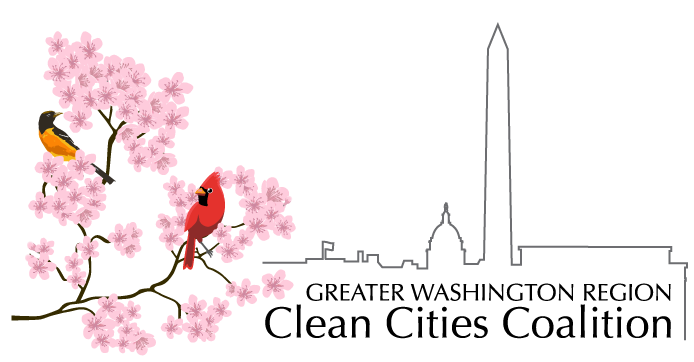Clean Cities Annual Activity Report Talking Points
Clean Cities is a U.S. Department of Energy (DOE) partnership to advance clean transportation nationwide. More than 75 DOE-designated coalitions act locally in urban, suburban, and rural communities to strengthen the nation’s environment, energy security, and economic prosperity. Since Clean Cities began in 1993, coalition activities have reduced greenhouse gas emissions by 72 million tons and achieved a cumulative impact in energy use equal to nearly 14 billion gasoline gallon equivalents. Read more about coalition accomplishments in the newly published Clean Cities Coalitions 2022 Activity Report.
30 Years of Enacting National Priorities at the Local Level
Clean Cities has more than 30 years of experience advancing clean transportation solutions that reduce vehicle emissions while supporting regional economic development and job growth.
Clean Cities coalitions are uniquely positioned to build bridges between national priorities and local needs through their 30 years of experience and deep connections to both the U.S. Department of Energy and local partners.
Coalitions leverage expertise from the U.S. Department of Energy, other federal agencies, national laboratories, and their fellow coalitions. They bring this expertise directly to the communities they serve to develop and implement clean transportation projects uniquely tailored to local needs, opportunities, and markets.
Since Clean Cities began in 1993, coalition activities have reduced greenhouse gas emissions by 72 million tons and achieved a cumulative energy use impact equal to nearly 14 billion gasoline gallon equivalents.
Coalition efforts helped put 1.6 million alternative fuel vehicles on the road and helped establish the fueling and charging infrastructure to support them.
2022 Coalition Activity Highlights
Approximately 30% of Clean Cities activities improved air quality for people living in underserved communities.
Coalition projects that reduced vehicle miles traveled saved almost 32 million gasoline gallon equivalents (GGEs), while idle reduction projects saved 50 million GGEs.
Coalition outreach activities reached more than 6.7 million people, providing education about and access to clean transportation technologies.
Overview Messaging
More than 75 DOE-designated coalitions collectively cover about 87% of the U.S. population.
Nationwide, nearly 20,000 stakeholders are part of Clean Cities coalitions and are transforming local and regional transportation markets through their collective efforts.
Transportation projects funded by the U.S. Department of Energy’s Vehicle Technologies Office are competitively awarded and cost shared. Coalition-supported projects have historically leveraged 2:1 in matching funds and in-kind contributions from private and public sector partners.
